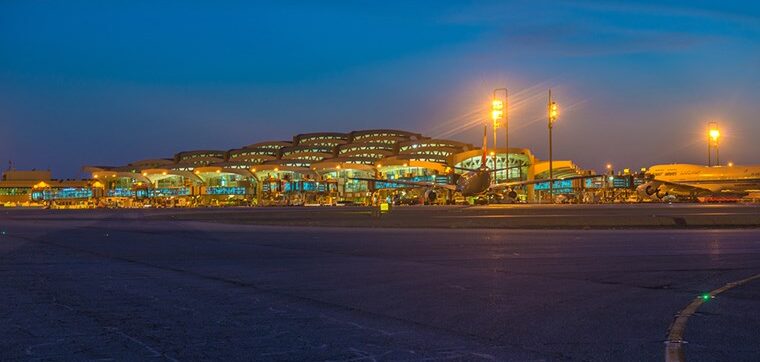King Khalid International Airport (KKIA) in Riyadh, Saudi Arabia, has been awarded Airport Carbon Accreditation from Airports Council International (ACI), in recognition of its carbon management strategy.
Riyadh Airports Company (RAC), which manages and operates KKIA, has pursued this accreditation by determining the source of emissions within the operational boundary of the airport, calculating the annual carbon emissions and compiling a carbon footprint report. This strategy has been conducted alongside the launch of additional green initiatives and adherence to the necessary measures to reduce pollution. These moves are intended to ensure the country reaches carbon neutrality (0% net carbon emissions) by 2060.
Riyadh Airports Company is a member of Airports Council International Asia-Pacific. The Airport Carbon Accreditation program independently assesses and recognizes airports’ efforts to manage and reduce their CO2 emissions. With this accreditation, the airport intends to increase traveler confidence.
Mohammed bin Abdullah Al-Maghlouth, CEO of RAC, said, “We are keen at RAC to adopt and apply the best international standards that protect and preserve the environment. Obtaining this certificate proves the airport’s commitment to confronting climate change and reducing carbon emissions. These international, specialized certificates will contribute to raising the airport’s classification worldwide. This achievement reflects the continuous support that Riyadh Airports Company and KKIA receive from the General Authority of the Saudi Civil Aviation and Matarat Holding Company in all fields.”
Al-Maghlouth added, “We will move forward with our environmental initiatives in compliance with the best international aviation standards, and we will complete the carbon emissions management accreditation program, which includes mapping, reduction, optimization and transformation, until achieving neutrality.”

